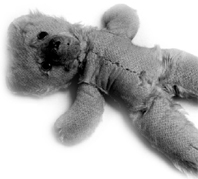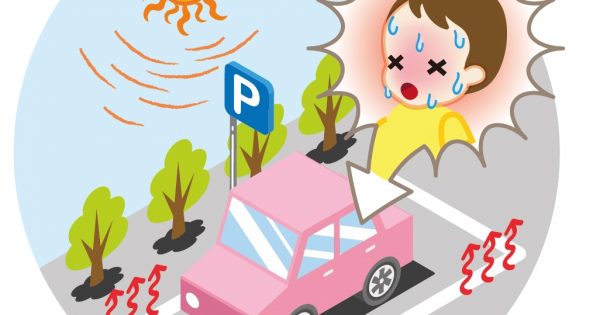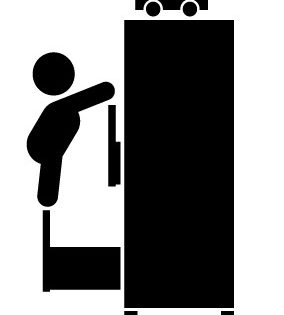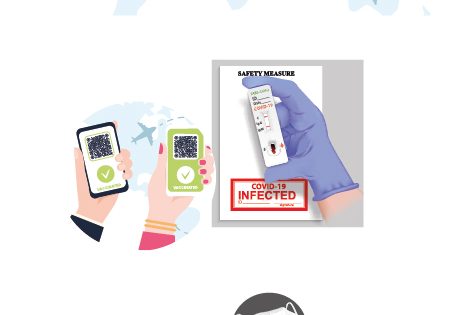Ten-year-old Liza (not her real name) dreads going home from school. She often ends up with bruises for not helping out fast enough at home or not finishing her homework on time. Her parents argue that they are merely disciplining her. But does a ten-year-old child deserve such harsh punishment? Is this really discipline … or abuse? Where do we draw the line?
Physical abuse is just one of the many types of abuse that can be inflicted on a child. Here is how you can recognise them:
Physical Abuse
Hitting, burning or causing any bodily harm to a child for no apparent reason is physical abuse. While it’s the parents’ duty to guide their children to have proper behaviour, they should never abuse their authority.
Emotional Abuse
Scolding or picking on a child because he gets poor results and comparing him with others is hurtful, especially when he is trying his best. Instead, find something positive he has done: has he been polite or kept his room neat? If so, praise him for it! Encourage him to find his own special talents and develop them. If you see him having difficulties, help him improve instead of labelling him “useless” or “stupid”.
Sexual Abuse
If your child tells you that someone has touched his private parts, do not ignore him and think that he has imagined it. Young children do not usually make up such stories without some kind of direct experience. Encourage them to talk about it and listen to what they have to say. Many children are afraid to say anything because the abuser has threatened them, told them no one will believe them or that they will be blamed for what had happened. Stand up for your child and assure him that you will protect him from anyone who tries to hurt him. Seek professional help, and never think that your child will be safe with the abuser just because he/she promised to stop or has apologised.
Neglect
Neglect occurs when a child’s family fails to provide for his needs despite being able to do so. Most families realise the need to provide children with necessities such as food, clothing, health care and education. However, they sometimes overlook proper supervision, which may expose a child to danger. For example, children can die of heat exhaustion and suffocation if left locked for hours in parked vehicles. They can drown if left to play by themselves near a pool of water.
Children without the chance to form a close bond with their parents can suffer from emotional neglect. The bond begins when they are babies and develops when parents are directly involved in the care of their children. Building a good relationship with children helps them to be emotionally secure and lays the foundation for good communication as children become older.
Don’t Lose Your Head
While babies and young children are adorable, they can drive you up the wall with their nonstop crying or misbehaviour. The moment you find yourself losing patience with your child, take a few deep breaths and STOP. Hitting or shaking a young child in anger can cause serious injuries to his brain and other internal organs. The key here is to stay calm and in control. Here are some alternatives:
- Take a few deep breathes and count to 20.
- Put your child on a time-out chair.
- Ask yourself why you are angry: is it your child or are you angry about something else?
- Talk to someone – call a family member or friend.
- Ask someone else to watch the child for a little while and take a break.
- Splash cool water on your face.
- Turn on some music or hug a pillow.
- If your baby cries, soothe him by rocking him gently or talking softly. Don’t shake him!
Discipline vs Abuse:
Drawing The Line
Some actions are clearly abusive and cannot be considered “acceptable discipline”:
- Beating that causes injury with bruises and bleeding
- Caning a baby or toddler who is too young to understand what is right and wrong
- Kicking, punching and shoving a child against something hard
- Causing burns or scalds
- Hitting a child during a quarrel with someone else
- Hitting a child out of anger and frustration although it doesn’t concern the child
- Punishing a child due to unreasonable expectations (eg. hitting a two-year-old for wetting his pants)
- Hitting a child while under the influence of alcohol or drugs
- Punishing a child without first explaining that a certain behaviour is unacceptable
- Depriving a child of food and drink or exposing him to harsh elements
If you find it hard to control your child, get professional help immediately.
Warning Signs of Sexual Abuse
Below is a list of signs that indicate the possibility of sexual abuse:
- Pain around the private parts
- Blood or discharge around the private parts or underwear
- Sexual behaviour towards others
- Sudden rebellious or aggressive behaviour
- Smoking, taking drugs or alcohol
- Appearing sad, depressed or suicidal
- Pregnancy
- Playing truant and running away
- Falling grades in school
- Difficulty sleeping, nightmares and poor appetite
Protecting The Innocents
Protecting children from abuse is the responsibility of the whole community. This includes extended family, friends, neighbours and teachers as well as agencies like health care and welfare services. The child protection law currently in force in Malaysia is the Child Act 2001, which provides for children suspected to have been abused to be cared for under the authority of the Department of Social Welfare.
When You Suspect Child Abuse…
- Call TELEDERA at 1-800-88-3040. The lines are open 24 hours a day.
- Call the local police station or nearest Welfare Office. You can get the numbers by calling 103 on a fixed line phone.
- Send the child to the nearest hospital, which will alert the authorities.
- Contact NGOs (eg. Shelter Home 03-7955 0663 and Women’s Aid Organisation 03-7956 3488).







Comments